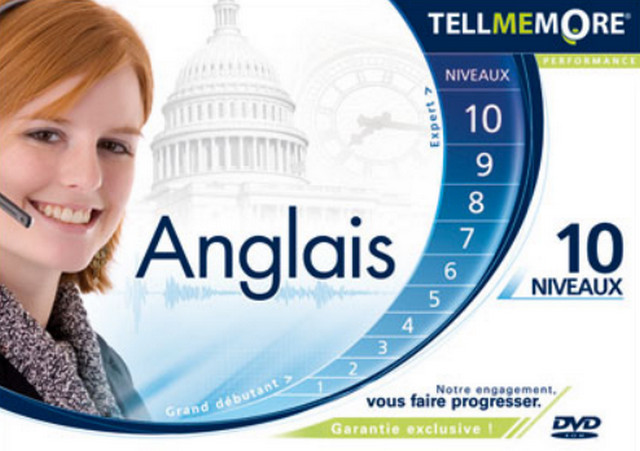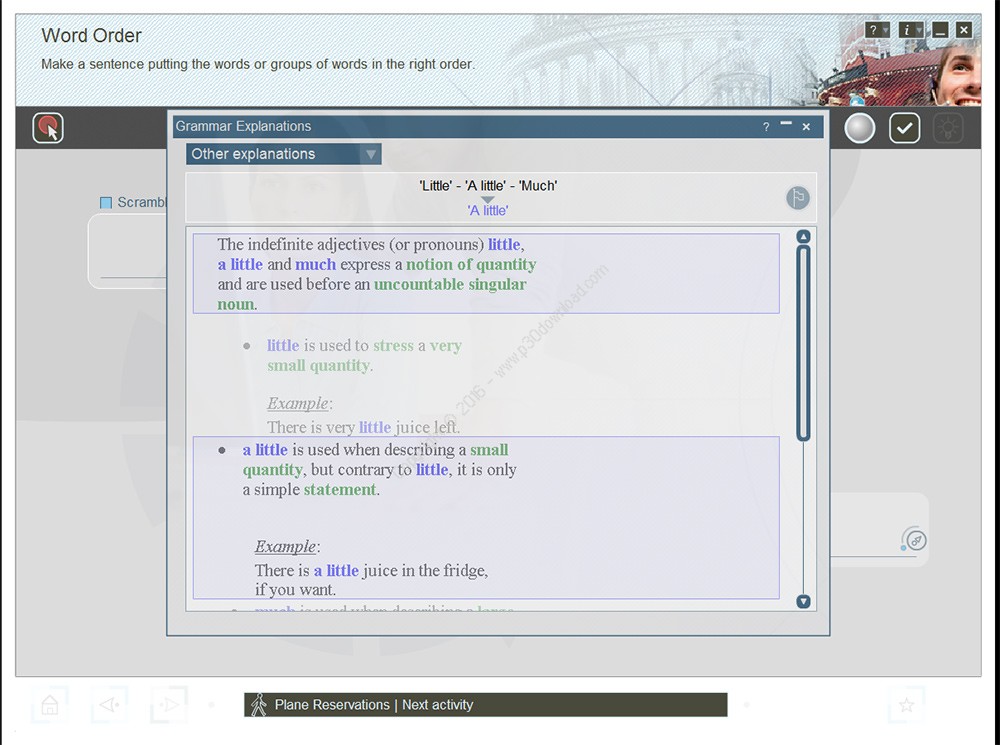

Try to use a wide range of words to make your story more interesting. “I wanted to visit some friends who had been living in France for the last five years.” “I double-checked my reservation, which I had made three days previously.” You can use the past perfect (simple and continuous) to add more interest to your story by talking about events that happened before the events in your story: Sometimes, you might want to avoid telling your story as one chronological event after the other. We were heading towards a huge tailback.” We were driving along the motorway quite steadily until we suddenly saw in front of us the warning lights to slow down. “The sun was shining and it was a beautiful day. Use the past continuous to describe activities in progress at the time of your story, or to describe the background. I packed my suitcase, and then I called a taxi.” If you tell your story in chronological order, you can use the past simple: However, we generally use past forms to talk about past events. In medieval England people are worried that the king, Harold, is not strong enough to fight off a Norman invasion.” We also use the present tense to give a dramatic narrative effect:

“A man walks into a bar and orders a beer.” We can use a variety of tenses to tell stories and anecdotes. “In short, I had made a complete mess of the holiday.” “I made sure I had an up-to-date passport and I also took along my driving licence.” “Although I had a reservation, I hadn’t checked the airport name.” Linking words can be used to show reason, result, contrasting information, additional information, and to summarise. Use these words to link your ideas for the listener. “Finally… (I arrived at the wrong check-in desk at the wrong airport for a flight that didn’t go until the next day)” “But before all that… (I had double checked my reservation)” “Later (on)… (when we were stuck in traffic, I realised…)” “Then… I (called a taxi for the airport)” These words show the chronological sequence of events. Make it easy for the listener to understand by using sequencing and linking words: Try to keep it grammatically simple as well, so that it is easy to follow. Did I ever tell you about…”įirst of all, your story should be quite short. However, if you are going to tell your story after someone else has already spoken, you can say something like: Traditional stories often start with the phrase “Once upon a time”. (See our page on Describing stories in English for more information on types of stories.) Anecdotes are short stories about something that happened to you or to someone you know. A useful skill in English is to be able to tell a story or an anecdote.


 0 kommentar(er)
0 kommentar(er)
